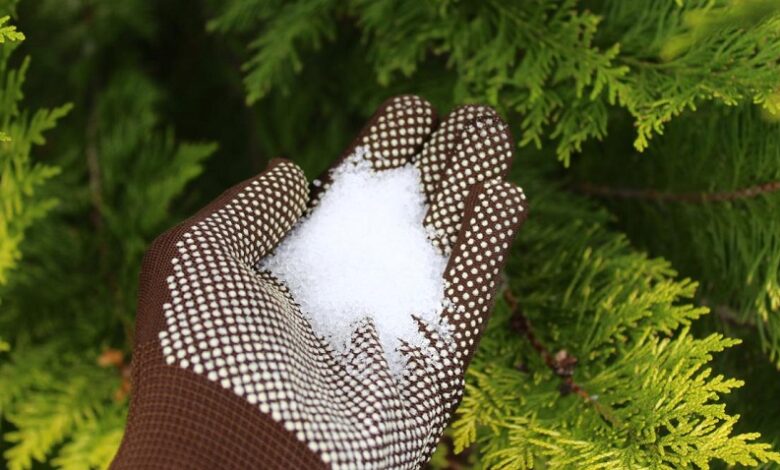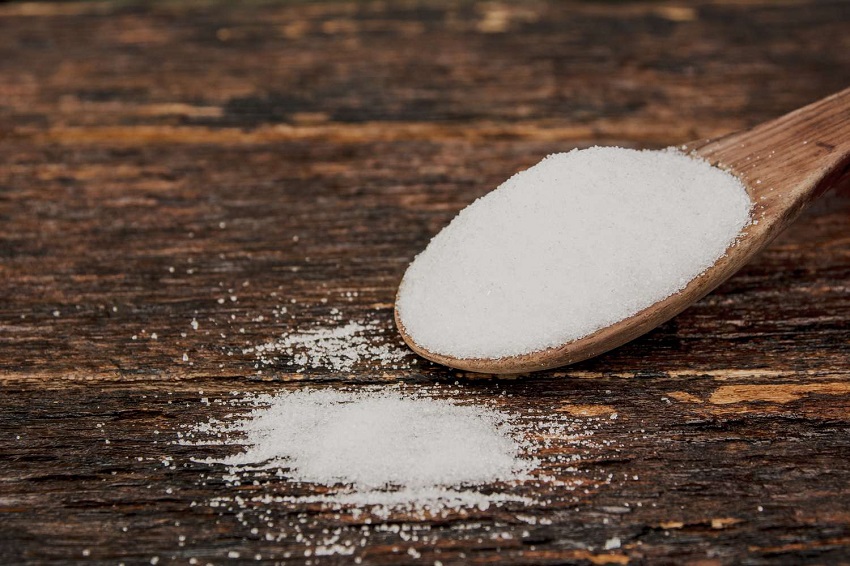Is Salt OK for Plants?

Salt is a common ingredient found in almost every kitchen, primarily used for enhancing the taste of our meals. But have you ever wondered if salt is suitable for plants? After all, plants have different needs than our taste buds. In this article, we will dive into the topic of using salt in gardening and explore its effects on plant growth. So, let’s unravel the truth about salt and plants.
Understanding the Role of Salt in Plant Growth
Salt and Its Impact on Plants
Plants require essential nutrients for their growth, including macronutrients like nitrogen, phosphorus, and potassium. However, salt, specifically sodium chloride, is not one of these essential nutrients. In fact, high salt concentrations can have detrimental effects on plants. If you’re looking for a natural way to get rid of gnats in plants coffee grounds, the grounds might be just what you need. Simply sprinkle them on top of the soil and watch as the gnats disappear.
The Importance of Sodium and Chloride
While excessive salt is harmful, it’s important to note that small amounts of sodium and chloride are required by some plants for their proper growth and development. These elements play a role in certain physiological processes within the plant, such as osmoregulation. However, most plants can obtain these necessary elements from the soil without the need for additional salt.
The Effects of Excess Salt on Plants
Salt Accumulation in Soil
When salt is applied to the soil or present in irrigation water, it can accumulate over time. This build-up of salt can lead to adverse effects on plant health and productivity. The concentration of salt in the soil can increase to levels that become toxic to plants.
Osmotic Stress and Water Uptake
Excess salt in the soil can create osmotic stress for plants. This means that the concentration of salt outside the plant’s root cells becomes higher than the concentration inside the cells. As a result, water uptake becomes challenging for the plants, leading to dehydration and wilt.
Ion Imbalance and Nutrient Absorption
High salt levels can disrupt the balance of ions within plant cells. This ion imbalance interferes with the uptake and absorption of essential nutrients. Consequently, plants may suffer from nutrient deficiencies, even if an adequate amount of nutrients is present in the soil.
Plants Tolerant to Salt
Halophytes: Nature’s Salt-Loving Plants
Some plants have evolved to thrive in high-salt environments. These salt-tolerant plants are known as halophytes. They possess unique adaptations that allow them to grow and reproduce in saline soils or coastal areas, where other plants struggle to survive.
Examples of Salt-Tolerant Plants
Several crops and ornamental plants exhibit varying degrees of salt tolerance. For example, certain varieties of barley, beets, and cotton can withstand higher salt concentrations compared to other plants. Additionally, coastal grasses like seashore paspalum and alkali sacaton are well-suited for areas with saline soils.
Using Salt for Weed Control
Salt as a Natural Herbicide
Salt has been used for centuries as a natural weed control method. It can dehydrate and kill unwanted plants when applied directly. However, caution must be exercised when using salt for weed control, as it can also harm desirable plants and accumulate in the soil over time.
Cautions and Considerations
When using salt as a weed control method, it is crucial to apply it sparingly and with precision. Targeting the weed’s foliage and minimizing contact with the soil can help reduce the risk of long-term soil damage. Additionally, considering alternative weed control methods that are less harmful to the environment is recommended.
Salt in Soil Amendments and Fertilizers
Benefits of Salt-Based Soil Amendments
Certain soil amendments and fertilizers contain salt-based compounds, such as potassium chloride. These products can provide necessary nutrients to plants while also improving soil properties. However, their usage requires careful consideration and moderation to avoid detrimental effects.
Precautions and Proper Usage
When using salt-based soil amendments or fertilizers, it is crucial to follow the recommended application rates and guidelines provided by the manufacturer. Overapplication of these products can lead to salt accumulation and harm the plants in the long run. Conducting a soil test to assess the nutrient levels and pH of the soil can also help determine the appropriate use of such products.
Conclusion
While small amounts of sodium and chloride are required by some plants, excessive salt can have detrimental effects on plant growth. High salt concentrations in the soil can cause osmotic stress, disrupt nutrient absorption, and hinder water uptake, leading to reduced plant health and productivity. While certain salt-tolerant plants and salt-based soil amendments have their place in gardening, it is crucial to use them judiciously and with caution to avoid long-term damage. As gardeners, we should strive to provide the optimal growing conditions for our plants and consider alternative methods for weed control that are less harmful to the environment.




